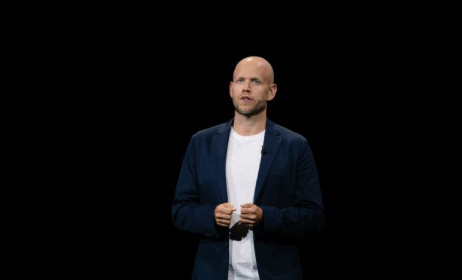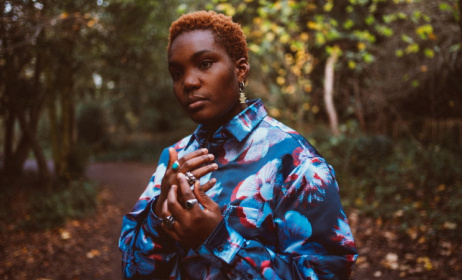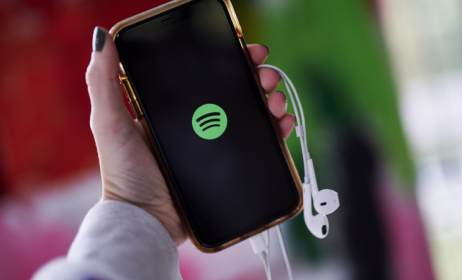British Parliament to investigate economics of music streaming
The British Parliament’s Digital, Culture, Media and Sport Select Committee last week announced that it would launch an inquiry into the economics of streaming.
 Digital, Culture, Media and Sport Select Committee chair Julian Knight.
Digital, Culture, Media and Sport Select Committee chair Julian Knight.
The committee will examine the economic impact music streaming has on artists and record labels, and the impact the shift to streaming has had on the music industry at large.
“With streaming currently accounting for more than half of the global music industry’s revenue, this inquiry will look at the business models operated by platforms such as Spotify, Apple Music, Amazon Music and Google Play,” the Parliament said. “Music streaming in the UK brings in more than £1bn [$1.3bn] in revenue with 114 billion music streams in the last year. However, artists can be paid as little as 13% of the income generated.”
The committee will also consider whether the UK should be looking to adopt some of the music-related copyright reforms contained in last year’s European Copyright Directive, since the UK is no longer bound by EU law.
The inquiry also issued a call for written submissions, which seeks the perspectives of artists, industry experts, record labels and streaming platforms.
The committee aims to gather evidence on the following questions.
- What are the dominant business models of platforms that offer music streaming as a service?
- Have new features associated with streaming platforms, such as algorithmic curation of music or company playlists, influenced consumer habits, tastes, etc?
- What has been the economic impact and long-term implications of streaming on the music industry, including for artists, record labels, record shops, etc?
- How can the government protect the industry from knock-on effects, such as increased piracy of music? Does the UK need an equivalent of the Copyright Directive?
- Do alternative business models exist? How can policy favour more equitable business models?
The investigation follows the launch of the #fixstreaming campaign by the Musicians’ Union and the Ivors Academy, as well as the #brokenrecord campaign, which have called on politicians to put the spotlight on the digital music market.
Those campaigns argue that the dominant streaming business model has been developed to benefit streaming platforms, major music companies and top artists, negating the rest of the artists and music community. The debate has gained new momentum this year after the COVID-19 pandemic shut down the live sector, a key revenue stream for many artists.
Although the pandemic has been catastrophic for live music, the record industry has been less affected due to the way the subscription streaming business works. Meanwhile, only the top 1% of artists account for more than 90% of total music streams, according to a recently published Alphabet report.
























Commentaires
s'identifier or register to post comments